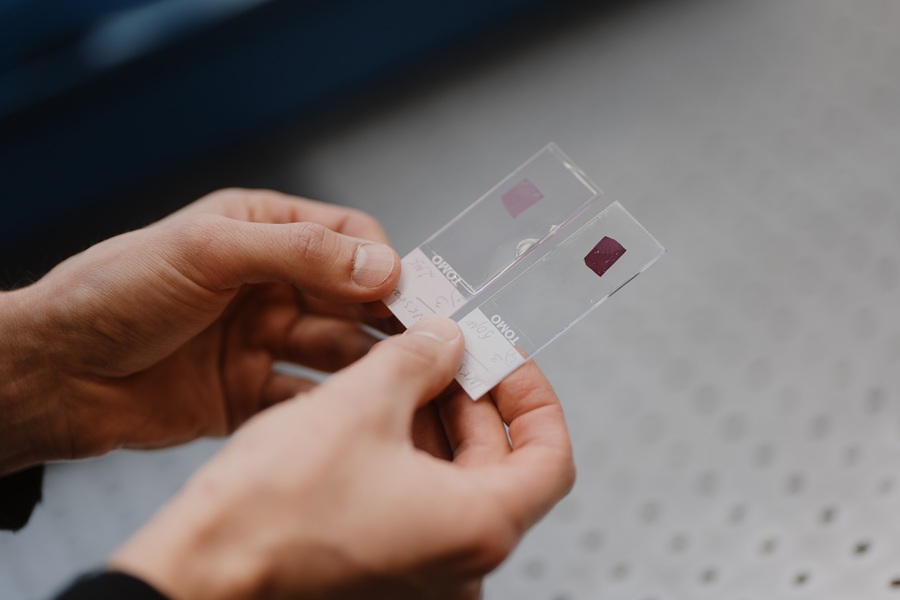New Laser-Based Method to Accelerate Cancer Diagnosis
Posted on 02 Apr 2025
Researchers have developed a method to improve cancer diagnostics and other diseases. Collagen, a key structural protein, plays various roles in cell activity. A novel multidisciplinary study published in Scientific Reports, describes how to quickly and accurately analyze the structure of collagen in tissue.
Scientists from the Faculty of Physics and the Life Sciences Center at Vilnius University (Vilnius, Lithuania), in collaboration with others, explain that this method, known as Double Stokes polarimetry, relies on how collagen responds to laser light that is polarized in different ways. By measuring the polarization, the method reveals the ultrastructural parameters of collagen, which detail its molecular structure. This allows for the evaluation of changes in collagen structure that occur during various diseases.

Similar approaches have already been applied to study tissues from breast and lung cancer, among other cancers, as well as conditions like keratoconus. These changes in collagen structure are closely linked to disease progression and symptoms. A key benefit of this method is its speed, which is several hundred times faster than other comparable techniques. This makes it particularly suitable for use in clinical settings. The research team plans to continue exploring this method and will apply it to analyze both cancerous tissue and samples from other diseases.
"This work can significantly contribute to the development of oncological and histopathological diagnostics," said Prof. Dr. Virginijus Barzda. “We hope that this method will allow physicians to more effectively detect subtle tissue changes. Collagen is the most common protein in the human body, so investigation of its structure would allow for more accurate disease diagnostics.”













